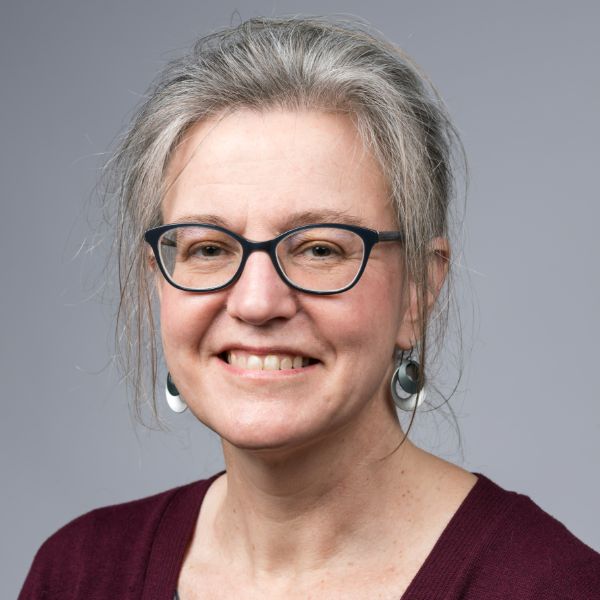Students who once saved existential questions for philosophy class are increasingly asking them in places such as the College Center for Advising Services.
The paths leading to the center’s home at 312 Lattimore Hall are among the most well trod on the River Campus. In its labyrinth of rooms, as well as in nearby corridors, a team of more than 20 professional academic advisors help students on matters from the mundane—should I take this class on the S/F option?—to the fundamental—is this major, these plans, these ideas I’ve adopted, really who I am?
The center, known by its acronym CCAS, sits at the hub of a network of offices staffed with professionals who work collaboratively to help college students take advantage of opportunities they might not know about, and to get assistance when they need it. During the 2015–16 academic year, CCAS advisors held more than 5,000 face-to-face meetings with students, and responded to thousands more e–mail and telephone queries from students, faculty, and other University staff.
Marcy Kraus is the director of the center as well as the dean of freshmen. The parent of an alumnus herself (her daughter, Leah, graduated in 2009), Kraus has worked in CCAS advising students since 1999 and became the director of the center in 2009. Her training includes a doctorate in psychology, which is fitting, considering that students will often approach academic advisors with complex personal problems.
This fall, Kraus assumed the title of Suzanne Jagel O’Brien Director of the College Center for Advising Services, an endowed position named for CCAS founding director Suzanne O’Brien ’59, who left CCAS in 2009 to take on the role of associate dean of the College. (Read more about O’Brien’s lengthy career at the University). O’Brien retired from the University last summer, leaving her position as associate dean to Alan Czaplicki.
“The range of concerns that students bring to us are much greater,” Kraus says, than in previous generations. “Students have health issues, mental health issues, family and personal concerns, and a lot of financial concerns.”
In some ways, the skills of a good advisor are similar to those of a good clinician. In addition to knowing the academic rules of the College and the resources available to students, a good advisor, according to Kraus, “is able to listen without judgment, demonstrate empathy, and recognize how to effectively help students who are struggling with difficult situations.
There have been changes, both in the student population and in students’ approach to their education. While the center’s advisors have long made meeting the needs of underrepresented minority students a priority—working with staff in the Office of Minority Student Affairs to do so—diversity has increased more recently in other categories, such as international students, to name just one.
“The advising staff has grown because we’ve been asked to take on a greater level of responsibility for individual populations of students,” Kraus says. In working with an increasingly multicultural student body, advisors need what she calls “cultural competence,” while also guarding against assumptions about individual students that are based on broad demographic data.
Undergraduates also worry about their career prospects. That’s not necessarily new, but Kraus notes that students are taking on more significant levels of debt than in the past. Understandably, she says, they want to choose majors they’re confident will pay off. Widely held assumptions about particular majors, however, often are not supported by data or by the experiences of many alumni. But merely repeating data and anecdotes doesn’t effectively address students’ concerns either.
“The 21st-century academic advisor needs to be able to talk to students realistically, but confidently” about career prospects, says Kraus. This year, she’s working with Joe Testani, the director of the Gwen M. Greene Career and Internship Center, to expand collaborations between the two offices. Career and academic advisors have traditionally held separate conversations with students. Academic advisors have tended to see part of their role as encouraging students to view their liberal education as something valuable and important apart from their career goals.
Kraus offers a hint of how such coordination might go, through a story about a student who came to see her last year. The student badly wanted to study Japanese, but was afraid of what her parents might say. Kraus and a counterpart in the Greene Center worked together to help her see “that if you want to major in Japanese, there’s a place for you in the job market.
“We want to do a better job of helping students connect the dots,” Kraus says.

